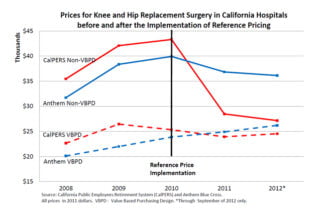The NEJM includes an article that addresses the integration of social media in emergency preparedness efforts from the perspective of physicians. I appreciate the examples they share and agree with the authors. Key issues include:
The NEJM includes an article that addresses the integration of social media in emergency preparedness efforts from the perspective of physicians. I appreciate the examples they share and agree with the authors. Key issues include:
- The effectiveness of our public health emergency system relies on routine attention to ppreparedness, agility in responding to daily stresses and catastrophes, and the resilience that promotes rapid recovery. Social media can influence each of these component efforts.
- Medical providers do need communities who are prepared for their role in a response and integrating social media into local activities could help build social capital and community resilience.
- GPS software used in some social media (Four Square) can facilitate “check in” and reporting of conditions in the individual’s immediate surroundings.
- Social media cannot and should not supersede current approaches to disaster management communication or replace public health infrastructures, but if leveraged strategically, they can be used to bolster current systems
- Social media might well enhance our systems of communication, thereby substantially increasing our ability to prepare for, respond to, and recover from events that threaten the public’s health.







